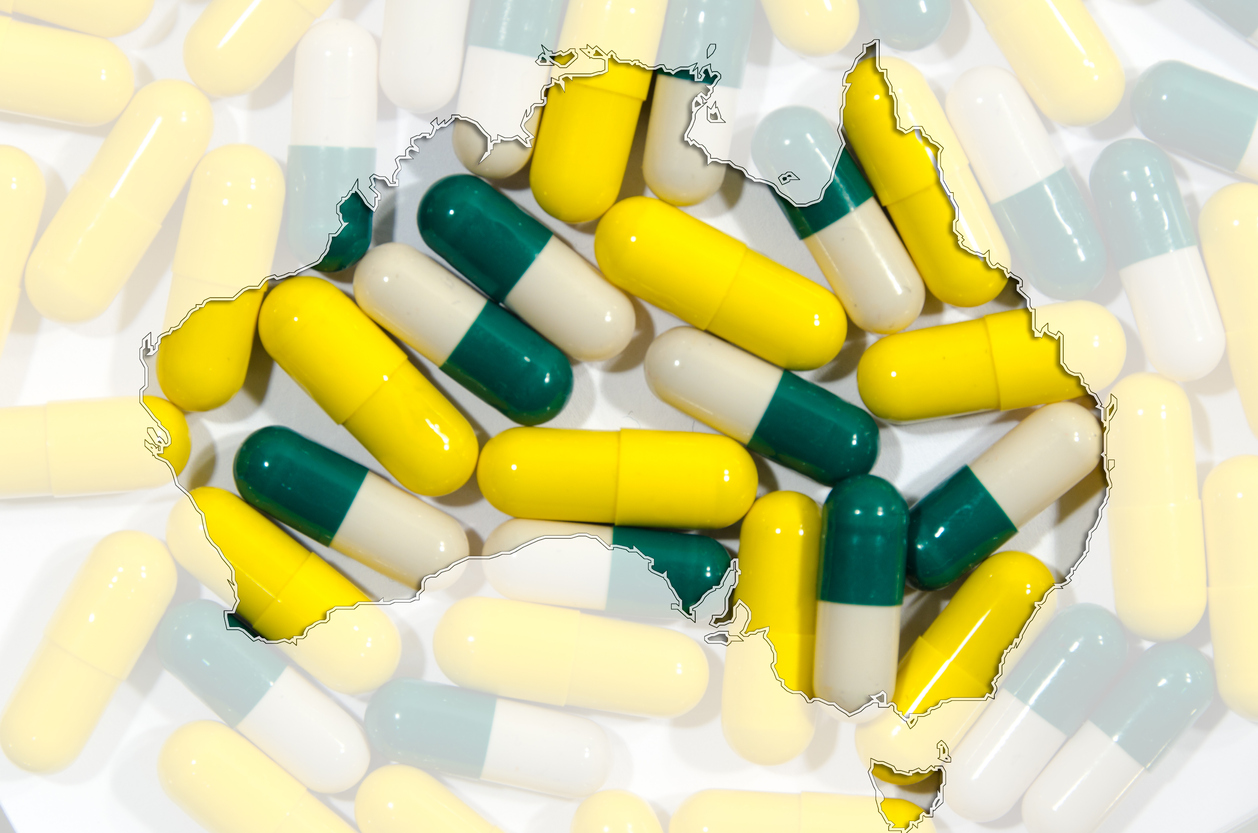Should NSW proceed with a Drug Summit?
April 30, 2023
A very comprehensive review of drug policy in NSW completed in 2020 was largely ignored for two and a half years. The Commissioner of the Inquiry understandably believes further consideration is redundant. The newly elected NSW government intends to keep a commitment made before the election to conduct a Drug Summit. They are right to do so and for several reasons.
In 2018, the then NSW Premier, Gladys Berejiklian, invited Professor Dan Howard SC, a distinguished retired judge, to be the Commissioner of a Special Commission of Inquiry into the Drug Ice. This extremely thorough review of the states drug policy with special emphasis on ice (methamphetamine) was completed in 2020 and cost $11 million. It made 109 recommendations of which five were rejected immediately and peremptorily. These recommendations involved additional medically supervised injecting centres, syringe programs in prisons, a reduction in the use of drug detection dogs and pill testing. The remaining 104 recommendations were ignored for two and a half years. In September 2022, shortly before the NSW state elections in March 2023, Premier Dominic Perrottet allocated $500 million over four years to implement a further 86 recommendations and left 14 recommendations to only be noted.
The NSW Labor party in opposition committed to conducting a Drug Summit if they formed government after the 2023 elections. It was understood that the Drug Summit would be modelled on the successful 1999 NSW Drug Summit. Professor Dan Howard recently argued that NSW did not need to conduct another Drug Summit as it was quite clear what needed to be done. Last week, Minister Rose B Jackson confirmed that the NSW Government would honour its commitment to conduct a Drug Summit.
Professor Howard was treated disgracefully by the NSW Coalition government. It now seems that Premier Berejiklians intention in arranging this review was only to kick the can down the road. It would be completely understandable if Professor Howard felt very hurt by this experience but there are several very sound reasons for proceeding with the commitment to conduct a Drug Summit in NSW.
First, the Opposition made the convening of a NSW Drug Summit tantamount to an election commitment. The Australian community, for good reason, has grown tired of politicians making election commitments and then forgetting about them after the election.Not conducting a Drug Summit would be a bad start for a new government.
Second, the inclusive processes of the 1999 NSW Drug Summit not only helped the government to make decisions in very difficult areas of drug policy but also helped to educate and increase support among politicians and the community about the complex issues involved. The benefits of this improved understanding lasted for several years.
Third, community support for our current failed drug policy relying heavily on law enforcement is declining while support for reform is increasing. Political and community support for drug law reform is often fickle. New NSW Premier Chris Minns supported cannabis legalisation in 2019 but is now opposed.
Once among the international leaders of pragmatic drug policy, in recent years Australia has fallen far behind. Now many other countries are breaking away from the drug policy orthodoxies of yesteryear. Portugals 2001 reforms decriminalised personal possession of all drugs (below threshold quantities specified for each drug) and vastly improved health and social support for people struggling with drug problems. Important health and crime outcomes have improved. This has not only been a huge success as a public policy but has also worked well politically.
Fourth, the terms of reference for the Howard inquiry directed attention to issues that were most troubling politically at the time. But the harm experienced by the community resulting from legal drugs dwarfs the harm resulting from illicit drugs. The Drug Summit should also consider legal drugs and will be under great pressure to consider the vexed issue of vaping. Current prescription control of nicotine for vaping has failed abjectly and given rise to a booming black market supplying poor quality products to underage youth. How could governments in Australia move to regulate cannabis (and some other drugs) while continuing a de facto prohibition of nicotine for vaping? It is time to try to be much more consistent about reducing the harm from all drugs, regardless of the historical accidents designating some drugs as illegal.
The ALP now rules in all mainland states and territories while the Liberal opposition is in disarray. This provides an excellent opportunity for some bold policy making. NSW Premier Bob Carr in the 1990s and recently Victorian Premier Dan Andrew were initially quite reluctant to establish a Medically Supervised Injecting Centre/Room. But soon after these facilities began operating, the Premiers acknowledged that establishing these facilities had been good policy decisions.
Reform of drug policy in Australia is long overdue. Reforms achieved by the 1999 Drug Summit had benefits beyond NSW. A 2023 NSW Drug Summit could stimulate much needed national reform of Australias failed drug policy with improved outcomes including better protection of human rights.

